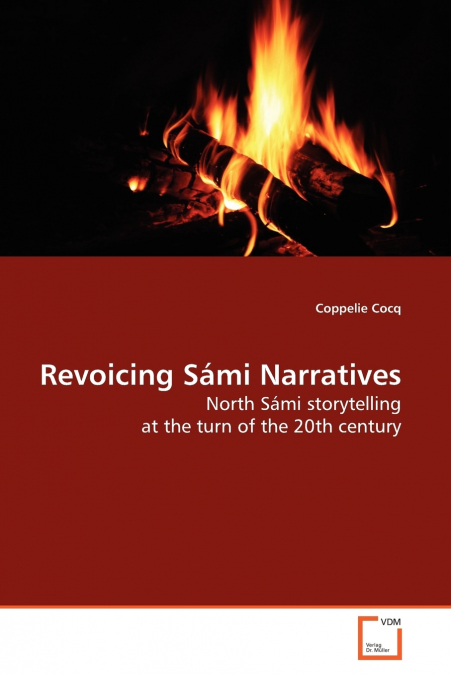
Coppelie Cocq
This book investigates the relationship betweenstorytellers, contexts and collective tradition,based on an analysis of North Sámi narrativespublished in the early 1900s. This study serves as anact of 'revoicing,' of recovering voices that hadbeen silenced by the scientific discourse whichenveloped their passage into print. It highlights thedynamic and conscious choices of narrative strategiesmade by these storytellers and the implications ofthe discourses expressed in narration. The analysisdemonstrates that storytelling is an elaboration thattakes place in negotiation with tradition, genres andindividual preferences.The repertoires of four storytellers are studiedaccording to a critical discourse analysis from afolkloristic perspective. Based on a receptionalistapproach, this book investigates the implications ofthese narratives for the North Sámi community at theturn of the 20th century.Storytelling appears to have had a set of functionsfor community members, from the normative as regardssocialization, information and warning againstdangers to the defensive with the elaboration of adiscourse about solidarity, identity and empowerment.